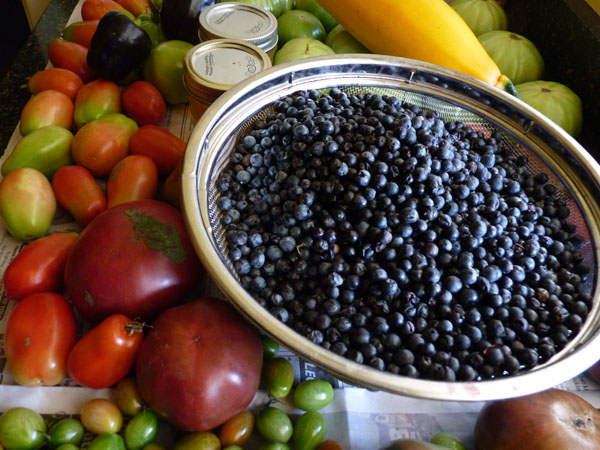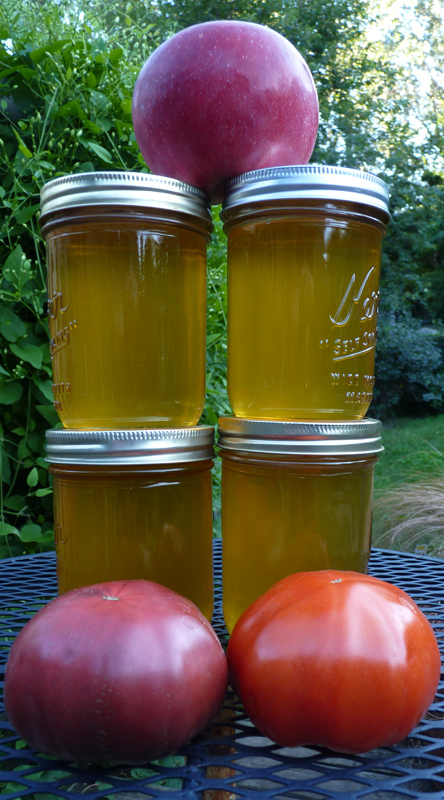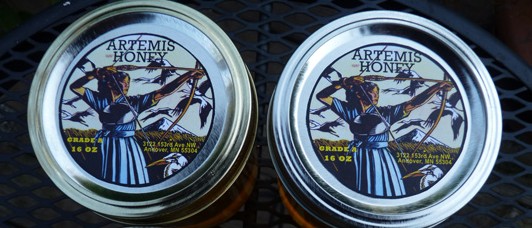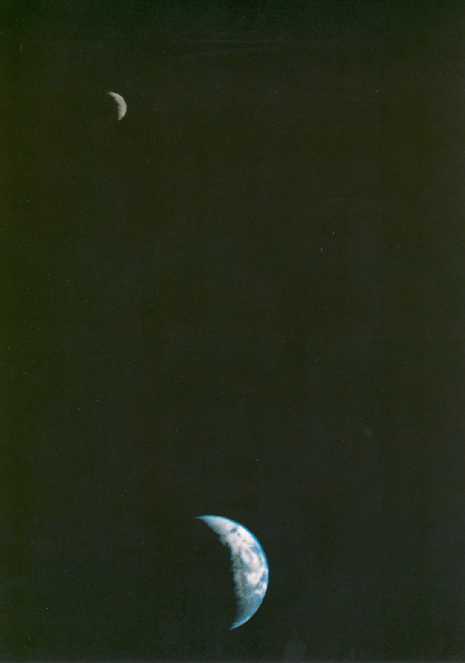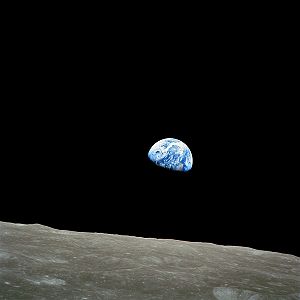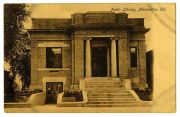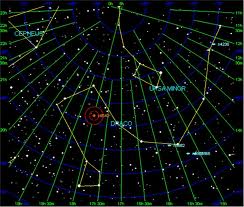Fall Full Autumn Moon
Just realized I’m going to have change my headings once we’re south of the equator. Seasonal reversal in the Southern Hemisphere. I knew about it, of course, but hadn’t factored it into the blog.
These days I have my eye on the National Hurricane Center. Right now it says what I want it to say at least through a week from Sunday: no tropical cyclones. This is the hurricane season, so that could change.
As our embarkation approaches, I find myself withdrawing from now in anticipation of then. A violation of the be here now idea, I know, but it seems the pull of vacation exceeds the adhesion of home. Based on previous experience, this process will reverse itself about a week before the trip ends.
Why did we choose a vacation lasting right at 6 weeks? Because we could, of course. But, why a cruise?
I just read a remark by Simon Winchester, author of Krakatoa and most recently, Atlantic, in which he dismissed large ship cruising because it takes away the direct experience of the ocean. He has a purist point, I suppose; but, some of us were born to sail the ocean blue in small craft, appreciating each swell and squall, but another large chunk of us can neither afford that nor desire it.
Here’s what appeals to me about a cruise. Being on the ocean, cosseted or not, puts us on water, the element that covers 70% of the earth’s surface. That experience, perhaps not as dramatic as Winchester prefers, has a magic of its own. Sort of like traveling through space instead of our atmosphere. A primal difference.
Kate finds the unpack and pack once part of cruising a primary benefit. In cruising the hotel goes with you from country to country, eliminating the schlepping of luggage from train or plane or car and back again.
Relaxation comes as a corollary. The less schlepping, the more relaxing. Relaxation alone makes cruising a wonderful vacation. You have a cook, a maid, a ship to explore, few demands. That means time can be devoted to reading, drawing, exercise, enjoying your partner’s company, sleeping. Here, the ocean adds a good deal. Contrary to Winchester, the ocean’s presence cradles the ship and, when the weather is good, rocks us to sleep. There is, too, something about being on a ship, on the ocean, away from everything land bound that frees the mind.
Cruising does limit the kind of in-depth exposure to a culture that many people enjoy. Shore excursions, except the priciest, tend to stay with driving limits of the port. Still, even when I have traveled hotel to hotel, unless we rent a car, our excursions are limited and even with a car, you can still see only so much.
The bigger limit than nearness to the port is time. A cruise ship is rarely in a port more than two days. That short period of time makes serendipity almost impossible. This is a big downside for me, but compensated for by the relaxation.
Cruising is a particular kind of vacation, not the kind I would prefer every time, but for a celebration together with an emphasis on relaxation, it’s the perfect post-retirement mode of travel.

